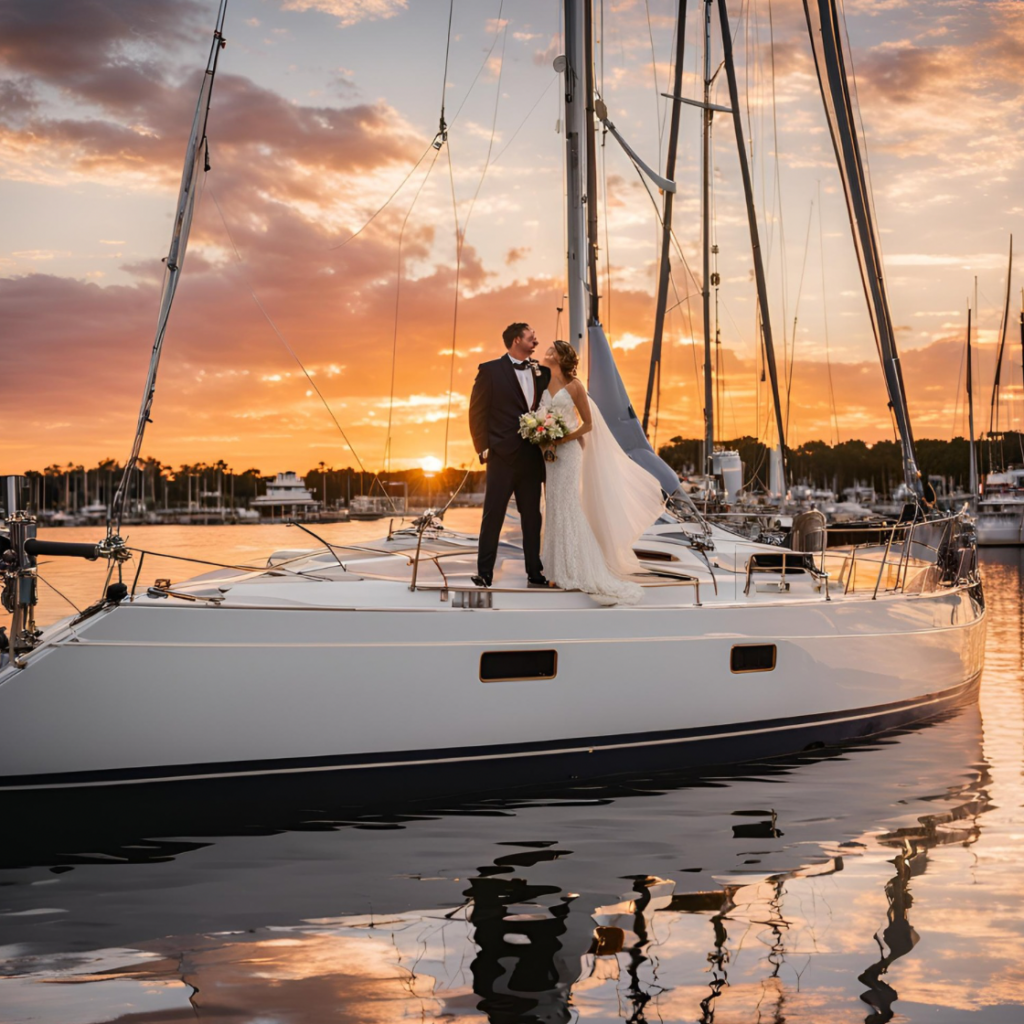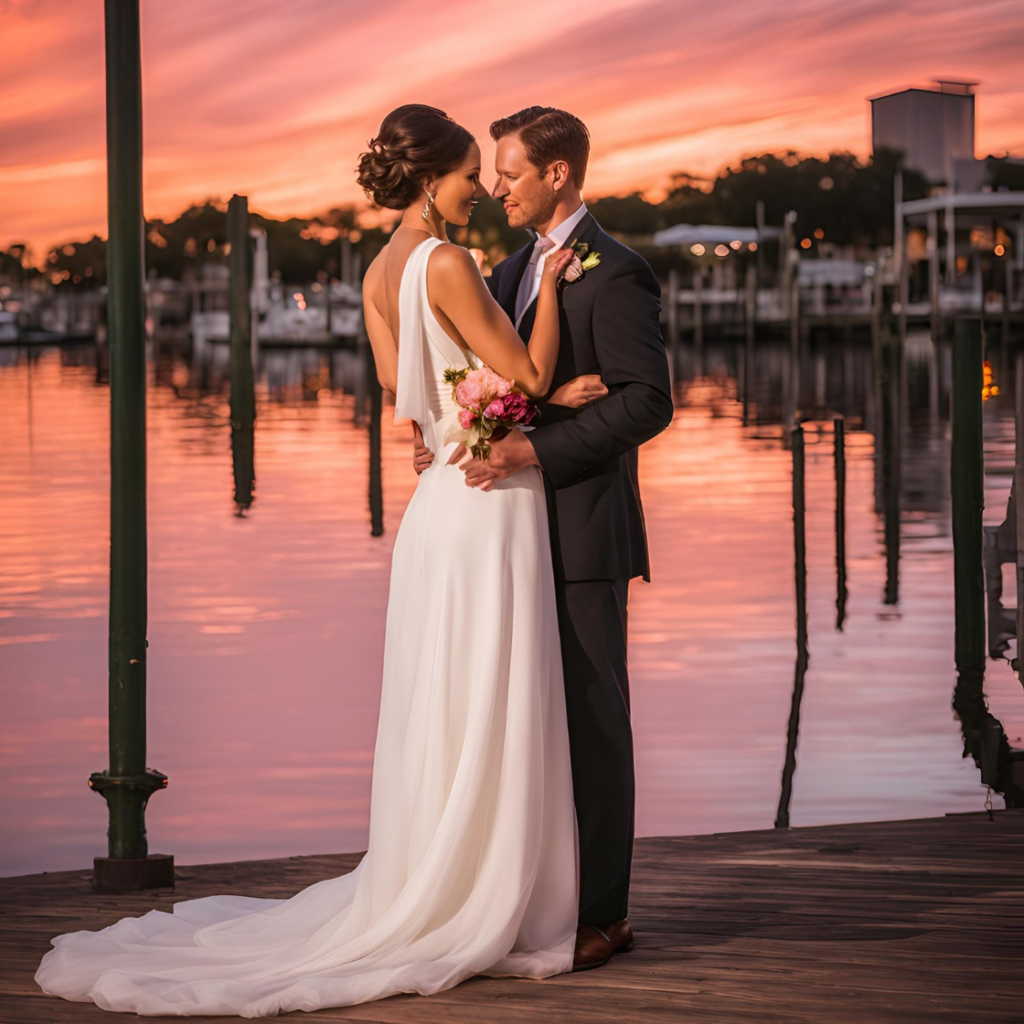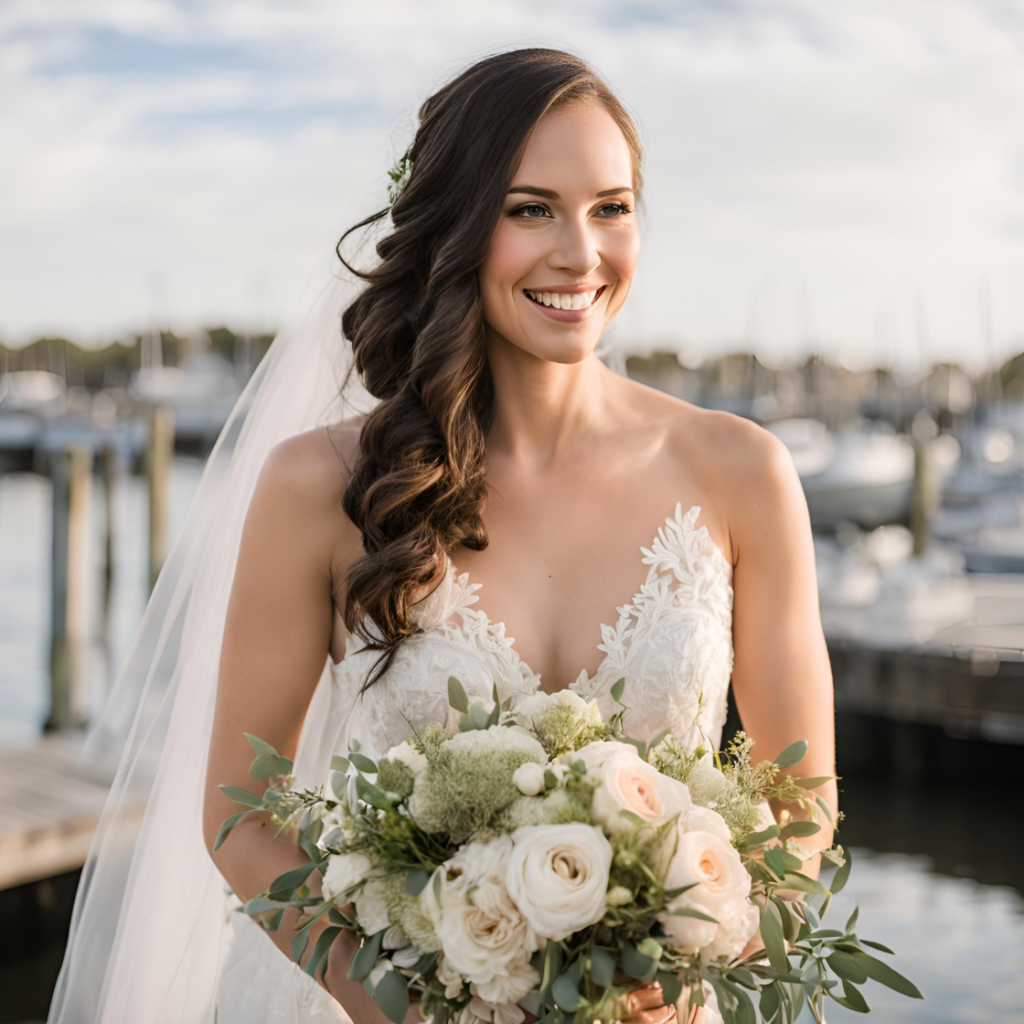How Far in Advance Should You Set Your Wedding Date? / How Long Does It Take to Plan a Wedding?
wedding planning timeline, How long in advance should you plan a wedding, How to set a wedding date that fits your timeline, set your wedding date, Wedding planning tips, Wedding planning tips for choosing the perfect date
October 30, 2024
Wedding planning timeline

When it comes to planning your wedding, setting the date is one of the most crucial early steps. With so many factors involved, it’s common for couples to wonder how far in advance they should set their wedding date and how long the entire planning process might take. Here, we’ll walk you through the ideal wedding planning timeline, steps to consider, and tips to help you confidently set a date that works for you.

Table of Contents
Toggle1. Determining the Ideal Timeframe for Planning a Wedding

The ideal timeframe for planning a wedding is typically between 12 and 18 months. This range gives you the flexibility to secure the best vendors, book popular venues, and handle all the intricate details that come with organizing a big event. However, this timeline can vary depending on factors like venue availability, guest list size, and budget.
2. The Benefits of Planning 12-18 Months Ahead

Planning a wedding over the course of a year or more can help reduce stress, spread out expenses, and provide ample time to make decisions. Longer timelines offer flexibility and the chance to secure premium options for your big day, from top venues to in-demand photographers.
- Availability of Venues and Vendors: Top venues like Palafox Wharf Waterfront in Pensacola often book up a year in advance or more, especially during popular wedding seasons like spring and fall.
- Flexibility for Special Dates: Planning with a longer timeframe means you’ll have more options if you’re looking to marry on a significant date, like your anniversary.

3. 6-12 Months Before: Shorter Timelines for the Organized Couple

A six- to twelve-month timeline can still be very effective for couples with a streamlined vision or those planning smaller, intimate weddings. Here are some tips to make the most of a shorter planning period:
- Prioritize Venue and Vendors: Start by securing a venue. For instance, many venues will work with your date needs if you’re flexible about weekdays or off-peak times. Book your entertainment, accommodations, photographer, and caterers, as soon as possible.
- Optimize Your Budget: By prioritizing essentials, you can allocate funds more effectively and streamline decisions.

4. The “Big 4” Planning Steps to Take First

To set your wedding date and kick-off planning, focus on these four key decisions first:
- Venue: Start with the venue, as availability will influence your options for a wedding date.
- Budget: Setting a realistic budget early on will help guide all other decisions.
- Guest List: Your guest count will determine the size of your venue, catering needs, and much more.
- Wedding Style: Whether you envision a beachside ceremony, unique historical venue, scenic waterfront venue (Palafox Wharf Waterfront) or a sophisticated ballroom reception, defining your style helps with venue selection and decor.

5. Planning Within 3-6 Months: The “Mini-Wedding” Option

While it may sound challenging, planning a wedding within three to six months is possible, especially if you’re envisioning a smaller event. For instance, “mini-weddings” or “microweddings” have become popular, providing an intimate celebration without the extensive guest list or large venue. Here’s how to streamline planning:
- Focus on Essentials: Limit the guest list, reduce decor, and focus on meaningful elements like your attire, a few florals, and a great photographer.
- Flexible Dates: Shorter timelines work best if you can be flexible on your wedding date. Weekday weddings, especially, are easier to secure on shorter notice.

6. How Venue Availability Affects Your Wedding Date

The location of your venue is often the main factor in choosing a wedding date. Is it easy and convenient for the guests? Some venues, especially those with unique or scenic settings, can be fully booked up to two years in advance. For instance, Palafox Wharf Waterfront in Pensacola offers a stunning coastal setting, and booking early can help ensure availability for prime wedding seasons.
- Ask About Seasonal Pricing: Some venues offer lower rates during off-peak seasons, which might be an excellent way to save money if your timeline is flexible.
- Consider Destination Weddings: If a unique location is important to you, you may find more availability in destination locations.
7. Outbound Link Resources and Alternatives

Looking for destination options or additional planning tips? Visit resources on the internet for location ideas, and budgeting tools.
8. Common Wedding Planning Pitfalls and How to Avoid Them

While planning a wedding is exciting, it’s not without its challenges. Here are a few common planning pitfalls to avoid:
- Last-Minute Venue Searches: A desirable wedding venue may be fully booked a year out or more. Research your venue options early to ensure you’re getting your top choice.
- Underestimating Costs: Weddings often involve hidden costs. Start with a clear budget and consult your venue to anticipate additional charges.
- Overloading Your Guest List: A large guest list will impact everything from catering costs to venue space. Keeping your list manageable can help you stay within budget and keep the event more personal.

9. Deciding on a Timeline that Matches Your Vision

Ultimately, every couple’s ideal timeline will depend on their vision for the day. Here’s a quick summary of timelines:
- 12-18 Months: Provides flexibility, top vendor options, and time for planning without stress.
- 6-12 Months: Great for more streamlined planning and smaller weddings.
- 3-6 Months: Ideal for “mini-weddings” or couples who prefer a more intimate, minimalistic celebration.
Each timeline offers unique benefits, so the decision will depend on your priorities and preferences.


Ready?
Ready to plan a wedding full of love and personal tributes? Schedule your phone consultation today with Sandy at Palafox Wharf Waterfront
(850-748-5102)
and let us help create a day that honors both your future together and the loved ones who will always hold a special place in your heart.
Schedule a phone consultation today to see how we can help create your dream wedding at Palafox Wharf Waterfront!

Did You Enjoy Reading How Far in Advance Should You Set Your Wedding Date? / How Long Does It Take to Plan a Wedding?
You Also Might Enjoy –
Thank You for Stopping by our Blog talking about Wedding planning timeline!
For all your friends and family that are in other areas of the nation, we hope that you will consider referring the below venues. These venues are locally owned wedding venues for their big celebration. Locally owned wedding venues provide the best wedding experience. They tend to have little to no turnover, they support the local economy and they are part of the community. Choosing a locally-owned wedding venue means the world to our small family-owned wedding venues. In an effort to support locally-owned wedding venues, we will feature 10 small business wedding venues. These are throughout the United States in each of our blogs. Find locally owned wedding venues in the wedding venue map on WeddingVenueOwners.com.
The Barn at Poplar Springs Farm
